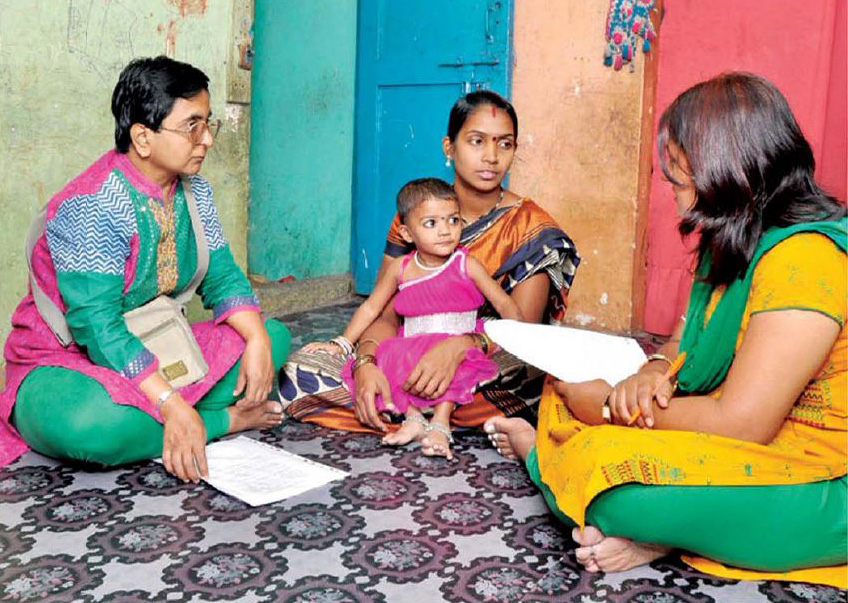India

With a population of more than one billion, India is the second largest country in the world, represents 16% of the global population, and the national average for life expectancy is only 65 years. India leads the world in the largest absolute burden of TB, ranks third for HIV (behind South Africa and Nigeria), and ranks second for diabetes. The country receives funding to support HIV/AIDS prevention, treatment and care programs under the US President's Emergency Plan for AIDS Relief (PEPFAR).
Our Indo-JHU Clinical Research Partnership is dedicated to reversing poor patient outcomes. With operations based in Pune, our extensive research portfolio is directed by Dr. Amita Gupta (Baltimore, MD), with onsite direction from Dr. Vidya Mave, Dr. Nishi Suryavanshi, and Dr. Nikhil Gupte (Pune). The Indo-JHU Partnership employs more than 200 people and, in addition to our memberships in consortia with many esteemed Indian research institutions, we have formal agreements with:
- Byramjee Jeejeebhoy Government Medical College, and Sassoon General Hospital (BJGMC). Pune, India
- DY Patil Medical College, Hospital and Research Center. Pune, India
- National Institute for Research in Tuberculosis. Chennai, India
- PD Hinduja Hospital and Medical Group. Mumbai, India
- Medanta The Medicity. Gurgaon, India
- KEM Hospital. Pune, India
- Bharati Vidyapeeth Medical College. Pune, India
